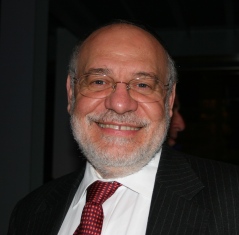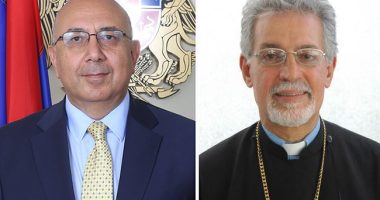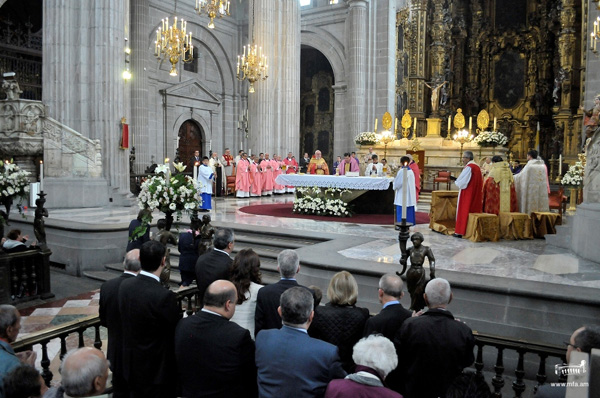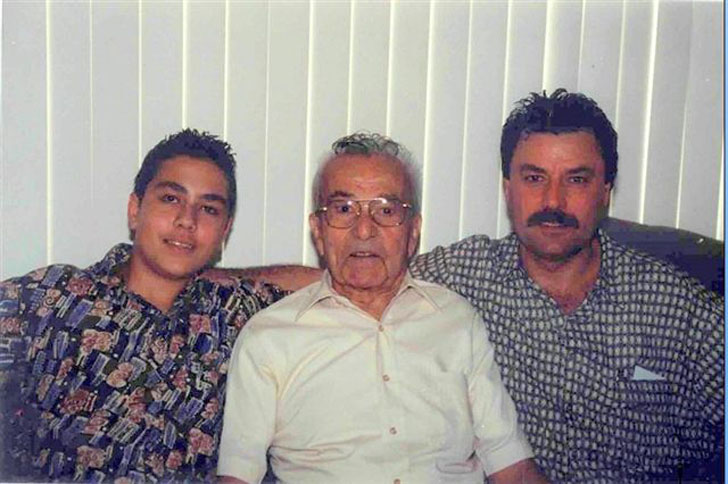

What would you say if the world denied that the Holocaust ever happened? Or that something like it may have occurred, but on a very small scale, and as an understandable byproduct of a war that was raging simultaneously? Or that it’s being exaggerated and exploited today to create an undeserved sense of sympathy?
That is what people of Armenian descent feel in regard to their genocide, what they call the “tseghasbanootyoun”. The term is used to describe the events of 1915, when, during World War I, members of the Turkish majority, abetted by minority Kurds, murdered up to 1.5 million Armenian Christians, all fellow citizens of the Ottoman Empire.
Turkey has not only refused to admit that the Armenian genocide even occurred, but it has pressured other countries, educational institutions, movie studios — even Jewish organizations — not to broach the subject.
Many people, Jews included, are ignorant about this topic, one of which Armenian Americans are all too starkly aware, often because their ancestors were killed or were survivors. The Armenian genocide is generally not taught in schools and rarely touched upon by major media sources.
Until recently, I had never raised the subject of the Armenian genocide during Shabbat remarks at Congregation Mikveh Israel, despite the fact that, having grown up in Cairo, I had numerous Armenian friends in the high school I attended.
We Jews are very sensitive about the use of the term “Holocaust,” and have reason to deplore its trivialization. Still, Armenian Americans are justified when they compare their genocide to our Shoah.
By the end of 1915, Armenians had been ethnically cleansed from the western half, the ancestral heart, of their homeland of several thousand years. Long loyal citizens of the Ottoman Empire, they were caught by surprise, when 250 of the most prominent Armenian male citizens were arrested and massacred in Constantinople on April 24, 1915.
Unlike German officials, who have admitted and apologized for their country’s actions against the Jews, representatives of the Turkish government claim that there was no will by the Ottoman government to exterminate the Armenian population, and that the 1915 massacres were simply the consequences of war.
Turkish Foreign Minister Ahmet Davutoglu condemned President Barack Obama’s recent statement marking the 96th anniversary of the April 24 massacre (a statement that stopped short of calling it genocide). Davutoglu said he wished that the president could share the Turks’ pain from the World War I era, adding that a “one-sided statement is not sufficient” considering the historical events.
Unfortunately, the State of Israel, as well as some major Jewish organizations, have a regrettable record on officially recognizing the Armenian genocide. In contrast to 22 nations (and 43 individual states, including Pennsylvania), Israel and the United States have to date not recognized the events of 1915 as a genocide.
Israel’s position on this issue has been complicated by the fact that Turkey was, in 1949, the first Muslim state to recognize Israel. Israel has had a much more cooperative relationship with Turkey than with other Muslim countries, although this relationship has lately deteriorated.
This deterioration became obvious in late May 2010, when Israeli forces raided a Turkish aid flotilla aiming to violate Israel’s blockade of the Gaza Strip, claiming nine lives. Turkish officials described the event as an act of “state terror” on Israel’s part. Prior to that, some Jewish and pro-Israel organizations had failed to recognize the 1915 massacres as genocide, due to concern for Israel-Turkey relations and the Jews still in Turkey.
But it is important for people to become more informed about the Armenian genocide. We Jews know what persecution and living in a Diaspora mean. We aim to be a “light to the nations.” Therefore, we have a duty to reach out to Armenian Americans and offer our solidarity in their struggle to receive the kind of recognition for their genocide that we receive (and have every right to expect) for our own Holocaust.
Rabbi Albert Gabbai leads Congregation Mikveh Israel in Center City, Pennsylvania.









